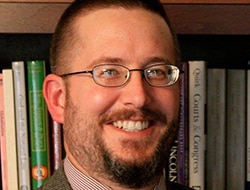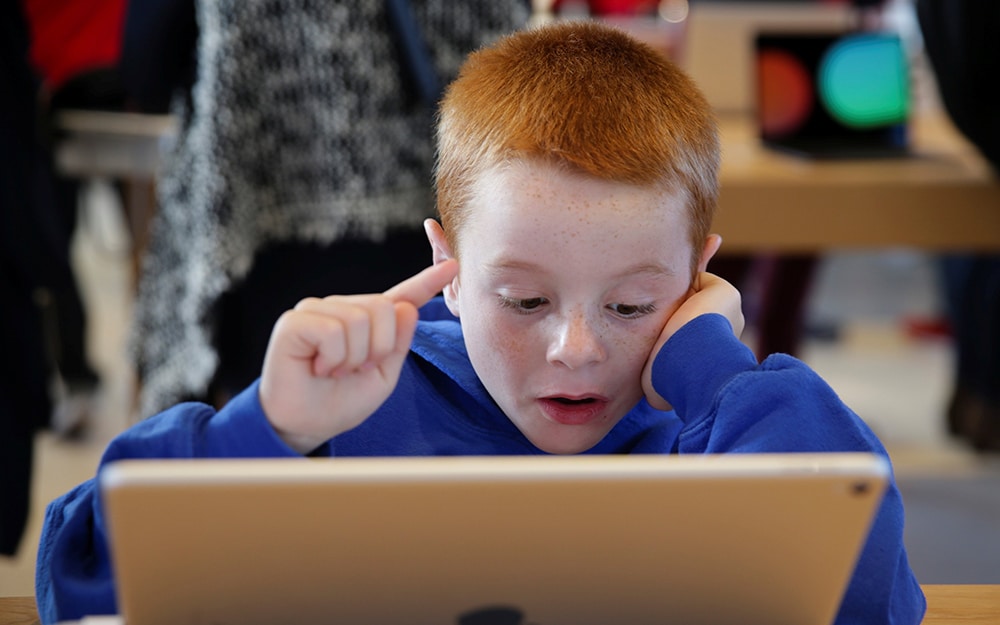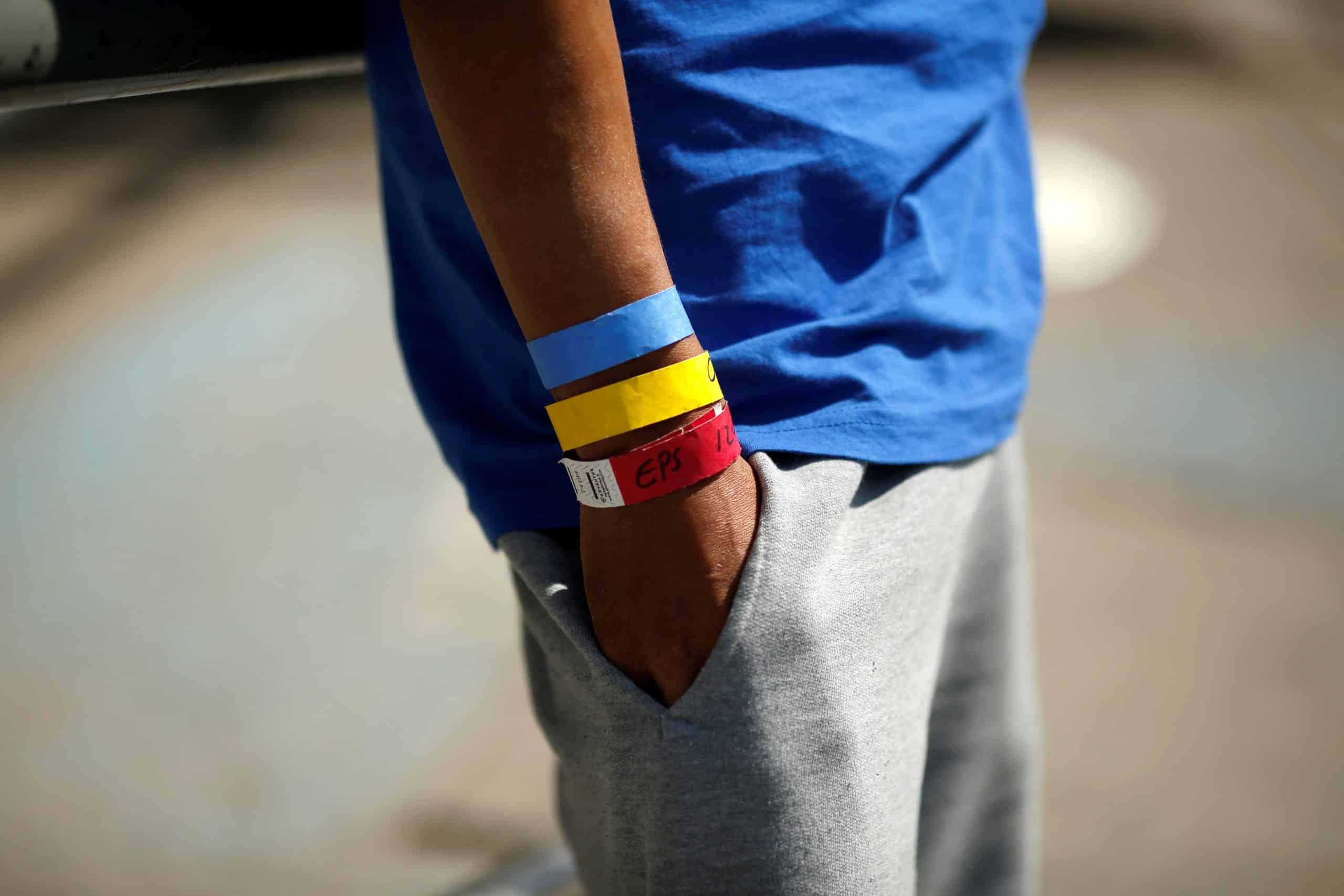
On a call today with some peers in the publishing industry, we discussed the experience our respective teams have had working from home these past three months. Everyone has found it to be more positive than they expected, and a few noted that some team members have been more productive working from home than they had been in the office.
That has been my personal experience as well. One of my great fears — really, my only one — about working from home had been that I might drop the ball on important items or projects, because it could be too easy to get caught up in those things I’d rather do and, without the constant reminder of seeing a colleague in the hall or in a meeting or in the chapel, let other things drop to the bottom of the list.
But like the rest of the team, and, apparently, most everyone across our industry and similar industries, this new arrangement has suited me well. That doesn’t mean that nothing has been lost: There’s a certain camaraderie that’s harder to keep up virtually (though the occasional virtual porch party has helped), and, of course, not being together to worship in the chapel at OSV has been a tough adjustment.
As we’ve settled into these new arrangements, and started thinking about how much of them to keep when it makes sense to allow people to return to the office, I’ve been thinking about why it’s been so relatively easy to make the transition to working from home. And then this evening, while listening to a podcast during my great virtual run across Tennessee, I figured it out: It’s because we’ve dropped the ball.
No, I don’t mean that certain things we need to do aren’t getting done, or even getting done on time. It’s the things that we don’t need to do that have fallen off the radar.
The host of the podcast went off on a tangent about the limitations of a raccoon’s brain. We think of raccoons as fairly bright creatures, in part because of the way that they handle their food — washing it, holding it in their “hands” in a way that’s reminiscent of a person eating, say, an apple. But there’s a simple experiment that’s been performed many times and never seems to fail. If you put a ball of food in a wood box that has a hole in its side the size of a raccoon’s front paw, the raccoon will smell the food, stick his paw in the hole, and grab it. But when he goes to pull his paw back out, his closed fist, wrapped around the ball of food, is too big to fit through the hole.
He’s stuck. And he will remain stuck. Why?
Because he can’t drop the ball.
To us, the answer is obvious: The raccoon has to give up that thing he’s holding on to. But every instinct in him tells him that he needs to hold on for dear life and strain against the opening. He pulls and pulls and pulls and gets nowhere. Worse yet, if he accidentally drops the ball of food and his paw comes out of the hole, his first thought — his only thought — is to put it back through the hole and grab the ball again.
There’s a lot to love about office life, but even in the best offices, where everyone is devoted to the same mission, we fall into patterns of behavior that keep us from performing at our best. Anger, envy, resentment, pride — all of these are elements of our fallen human nature. And they manifest themselves in many ways — uncomfortable meetings, avoiding coworkers, intentionally or even unintentionally spiking projects that we don’t agree with or that someone else got the credit for. Why?
Because we can’t drop the ball. Because day in and day out, we go back into the same environment and have the same meetings and follow the same patterns and stick our hands back into the same holes.
Until, one day, something came along that shook us up and changed our habits, and, without thinking, we dropped the ball. And — thankfully — the last thing on our mind in our new circumstances is recreating the box with its little hole so that we can stick our hand back inside and grab hold of the ball that’s been keeping us from being everything that we could be.
Scott P. Richert is publisher for OSV.





